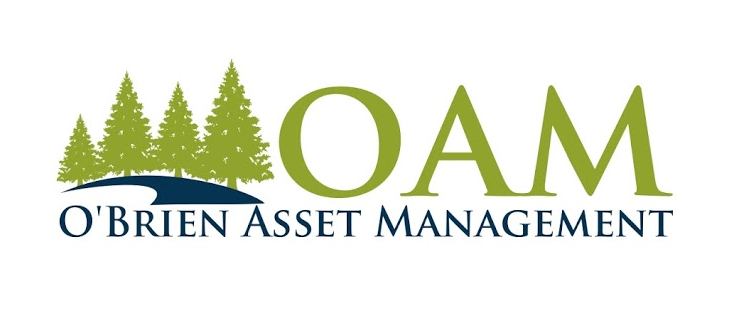In the most recent Outlook I said, "Expect volatility to continue. Historically, the biggest up days occur within correcting markets so the swings will be both ways, driven by the headline of the day." Talk about an understatement. Thousand-point swings in the Dow have been occurring daily, even within the same day.
I started to write a note last week, but even as erratic as markets were, they actually finished higher than February's month-end.
Things began to change over the weekend. The main catalyst was that Russia opted out of a Saudi-spearheaded proposal to deepen crude production cuts. With coronavirus tanking demand, Saudi producers wanted to cap supply to prop up oil prices. Russia was unfazed. Allegedly tired of production cuts favoring U.S. shale producers and holding back energy investments because of the cuts, the Kremlin decided enough was enough.
Oil opened Monday down 30 percent, a move we hadn't seen since the Gulf War in 1991. Led by a sell-off in energy producers, stocks had their largest drop since the financial crisis in 2009. The Dow lost 2,000 points, its greatest point loss in history. On the more accurate percentage scale, however, it was 7 percent, only the 23rd worst one-day loss. (One month into my first Wall Street job out of college, the Dow lost 508 points in the October 1987 crash, which was 22.6 percent. Now that was a crash.)
While lower oil prices are welcome, and will certainly help the majority of Americans going forward, there is a more immediate impact. The U.S. is a net exporter of oil, and it is a highly leveraged industry. A lot of corporate debt (especially high-yield junk debt), as well as banks in the oil patch, will be under tremendous pressure. If lending markets start to freeze, the effect will ripple across the broader economy.
The main story of course is the coronavirus. It seems to be turning into a full-on black swan event. Global travel and tourism add $4 trillion to the world economy every year. With the trade wars and other factors already having slowed global growth last year, it looks like the world economy will not get through this unscathed. When you hear the comparisons to the flu, and see the actual numbers of victims, covid-19 doesn't appear to be all that bad. But then you see statements like that of German Chancellor Angela Merkel's today, that up to 70 percent of the German population will likely contract the coronavirus, and that her government's priority is about "slowing its spread."
I've been asked by several people how what's going on now compares to the financial crisis in 2008-09. For me, the much better comparison is 9/11. Like now, it was an event that literally came out of left field. The hit to the heart of the financial capital of the world closed the stock exchange until the 17th. When it finally opened, it fell 7 percent and ended the week down 14 percent. Then, like now, airlines and other travel-related companies were down closer to 50 percent. The bank I worked at was completely shutdown. It would be months before we were back to operating normally in our temporary location in New Jersey, and many other firms suffered the same fate.
Uncertainty was everywhere. The week after the attacks, letters containing anthrax were being mailed to media outlets and senators offices, resulting in five deaths. These headlines weighed heavily on the market.
The economy was in a different place then. We were in the midst of a recession caused by the aftermath of the crashing of the tech bubble. The attack certainly prolonged its length, but by 2003 things started heading back up.
Now, we have been in a period of steady--although unspectacular--growth, about two percent a year. Many are saying that coronavirus will put us in a recession. That's hard to say. It is a health scare, not a financial one. Because of changes made in the wake of the financial crisis, banks balance sheets are strong. They won't be a drag on growth going forward.
On the positive side, it's a global problem that will bring about a coordinated response. Bonds in our portfolios provide the ballast needed to help offset the sell-off on the stock side. Our accounts are holding a decent amount of cash, raised over the past six months or so due to valuations that will be deployed at cheaper levels. And here is an update of a chart I have shared with many of you in the past:

